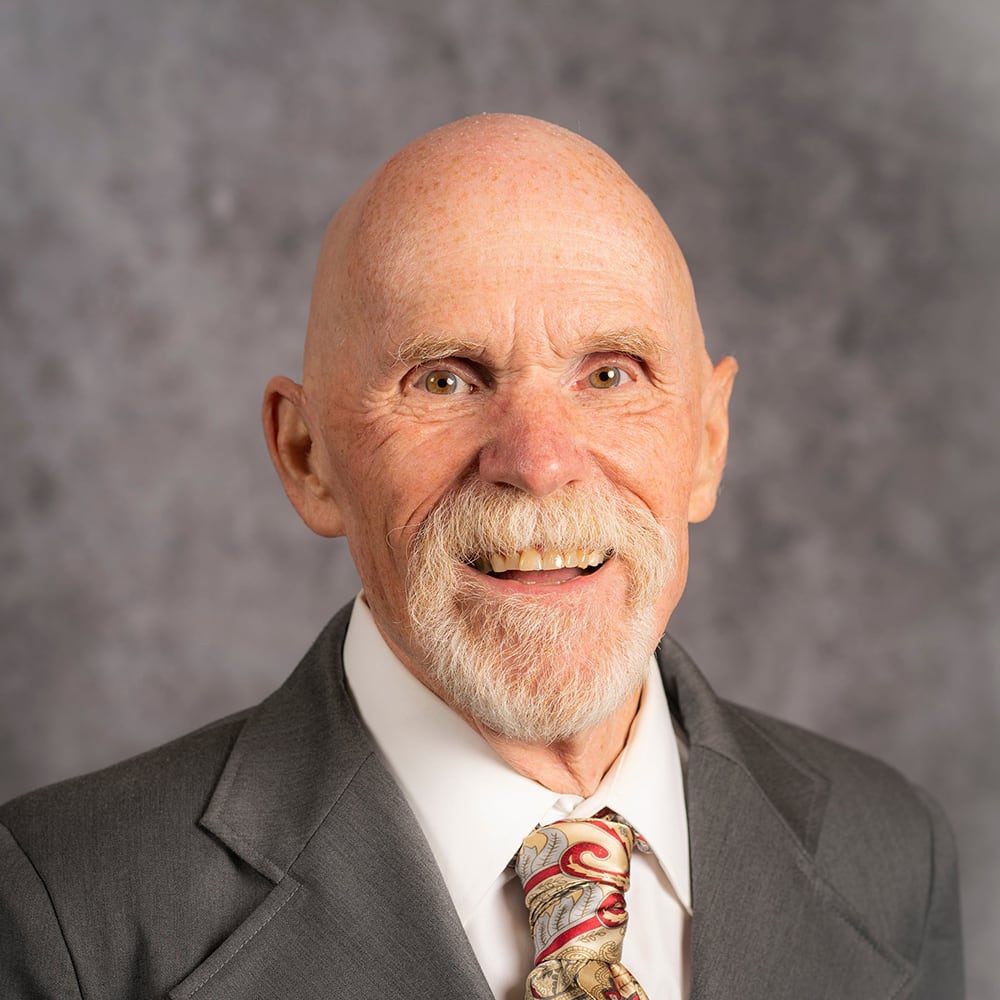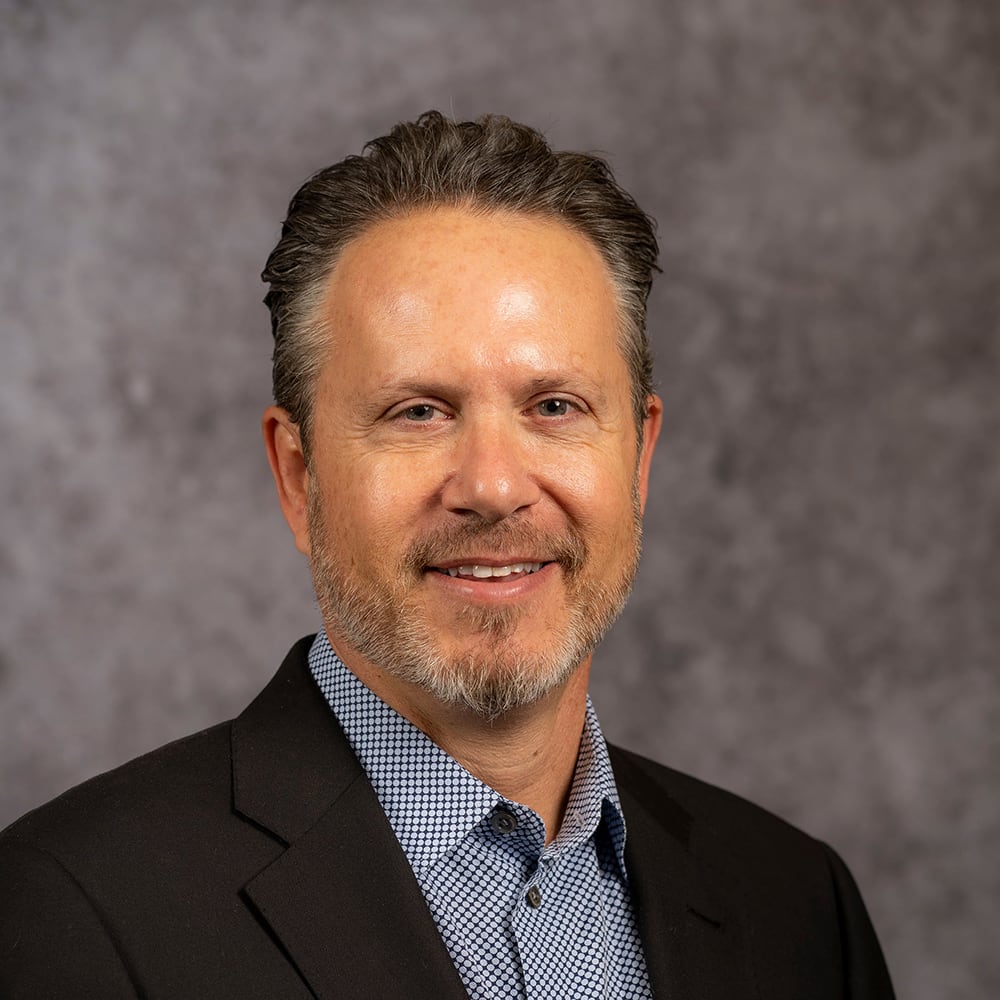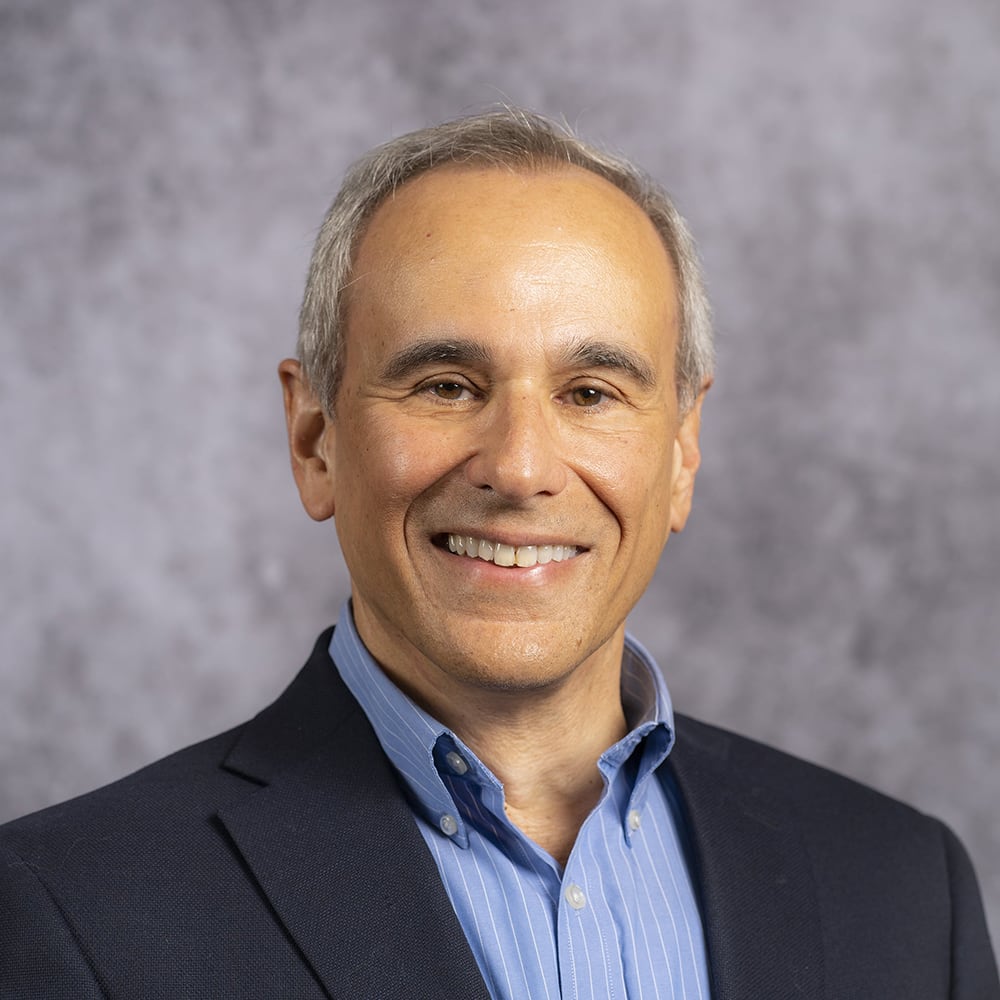4 Ways You Can Be There For Other Women
At the Cheyenne Women’s Imaging Pavilion, we believe that when women join together to raise each other up, they are stronger, happier and more confident. Whether you raise your sister, friend, neighbor, coworker or a stranger, you are making a difference in her life.
It may seem a little strange for a radiology center to be talking about friendship and emotional support, but we know that health and well-being isn’t just about annual screenings.
Let’s all think about the ways that we can recommit ourselves to being a friend and supporter to the women in our life, and the women we’ll meet.
To start the conversation, we’ve created a list of four ways you can be there for other women. What would you add to the list?
Be an Accountability Buddy for their Resolutions
Many women find resolutions and goals easier to reach with a partner who will cheer them on when they succeed, and give them real talk when they procrastinate. Don’t forget accountability is a two-way street!
Write a Thank You Note to Your Best Friend
Supporting a friend doesn’t have to require a grand gesture or a long commitment. The little things you do matter—so why not take a few minutes and write a thank you note to your best friend? Thank them for being there for you, for being a sympathetic ear, for being a rock in your life—whatever is most meaningful for your friendship. Think about snail mailing your note for an extra special touch.
Share Your Favorite Book, Movie or Album by a Woman
Sharing a book, movie or album is a wonderful way of deepening your connection together. When you read a book, watch a movie or listen to an album recommended by a friend or loved one, she’s giving you insight into her personality and values.
Listen to Their Hopes and Dreams and Support Them
One of the greatest things you can do for a woman is listen to her. It doesn’t have to be deep, philosophical talk about the meaning of life—even just shooting the breeze for 30 minutes over a cup of coffee or tea on a regular basis can be enough. The goal is to support your emotional and social health, not solve the great problems in the world.






